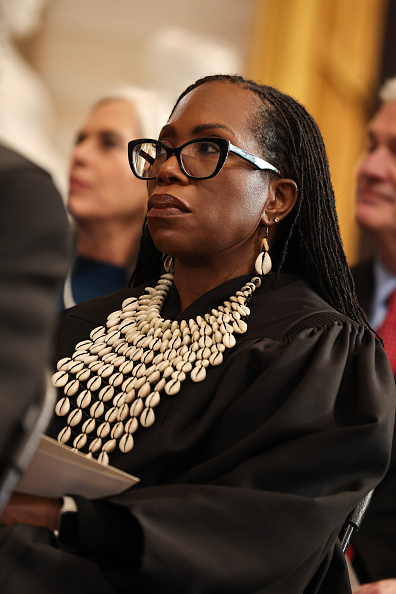Afternoon Briefs: Dentons merges with another firm; dad can’t be banned from procreating, court rules

Image from Shutterstock.com.
Dentons will combine with Alabama law firm
Dentons has announced that it will combine with Sirote & Permutt, an Alabama law firm with 86 lawyers and offices in five locations. The merger will be Dentons’ fifth combination through Project Golden Spike, a U.S. expansion effort that uses a dual-partnership model. The Alabama firm will be known as Dentons Sirote. Dentons expects to announce additional combinations in the coming months. (Thomson Reuters Legal, Law.com, Dentons press release)
Dad can’t be barred from procreating, court says
The Ohio Supreme Court has ruled that a judge went too far when he ordered a father with more than $200,000 in unpaid child support to make all reasonable efforts to avoid procreation. Judge James Walther had imposed the requirement as a condition of probation. The court said the order was overly broad and did not meet the statutory goals of community control. (Courthouse News Service, Cleveland.com, the Dec. 18 opinion via How Appealing)
DOJ employees seek probe of canceled diversity programs
A group of anonymous employees at the U.S. Department of Justice is seeking an investigation into the agency’s cancellation of diversity and inclusion programs. The cancellations followed President Donald Trump’s executive order that banned diversity training promoting “divisive concepts,” including the idea that the United States is “fundamentally racist or sexist.” In a whistleblower letter, the employees say the directives implementing the order wasted money and chilled speech. (NPR, Law.com, the letter)
Company owned by court clerk group gets convenience filing fees
Elected court clerks in Florida are collecting convenience fees for a company owned by their nonprofit group, the Florida Court Clerks and Comptrollers. The 3.5% convenience fee is collected when lawyers use a credit card to pay filing fees. A pending class action lawsuit claims that the fees are excessive, and it’s unclear how much money is collected and how it is spent. A lawyer for the clerks and the company, CiviTek, said the arrangement is legal, and the funds are used for public purposes. The clerks said the money has been used for technology and protection against unforeseen events, such as power outages. (Courthouse News Service, the pending lawsuit)
Write a letter to the editor, share a story tip or update, or report an error.


